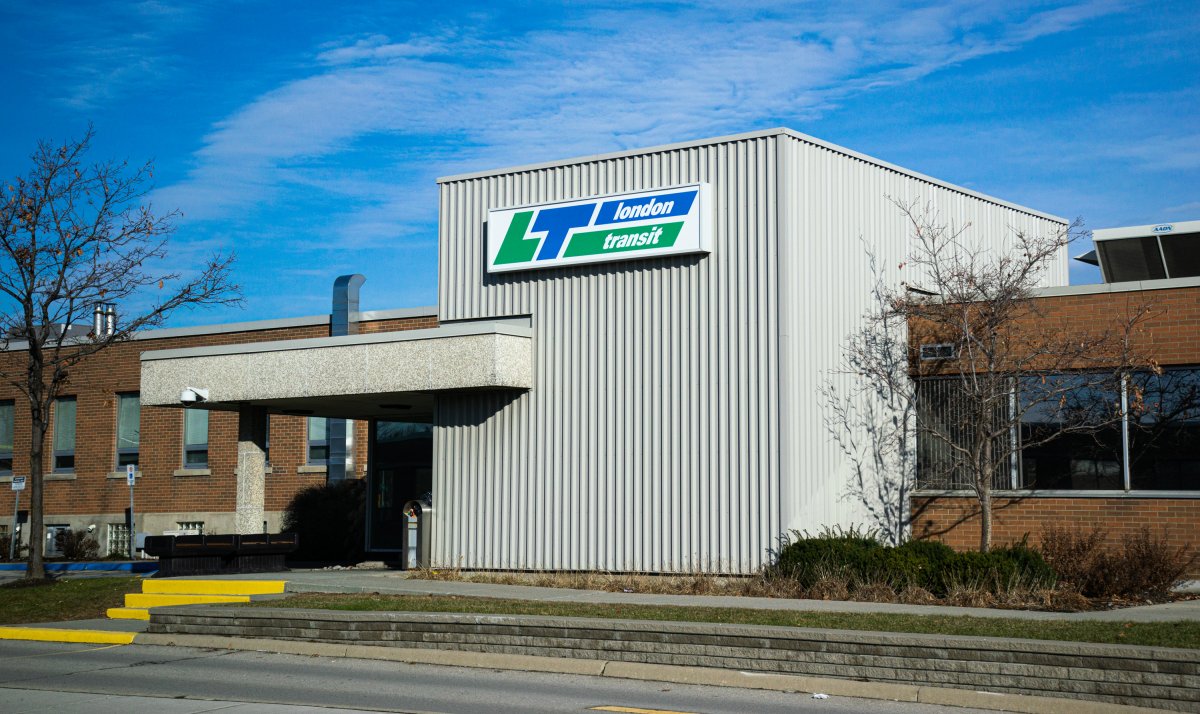More Londoners are back on board London Transit after the bus service reported its highest ridership levels amid the COVID-19 pandemic during the month of March.

The data was contained in one of several reports that were presented during Wednesday night’s meeting of the London Transit Commission.
Also on the agenda was another report about a plan to add 17,500 additional service hours to the bus service, which was approved by the commission on Wednesday.
The plan includes increased bus frequency for certain routes, expanded service into industrial areas and the addition of five buses. The plan is set to roll out in September.
The ridership data is presented in comparison with what was considered normal for a specific time of year, prior to the COVID-19 pandemic.
While it’s still well below pre-pandemic levels, weekday ridership in March rebounded to about 60 per cent of what’s considered normal. That’s up from about 35 per cent of pre-pandemic levels as seen in March 2021.
The report says officials had anticipated the boost in ridership “given the return of more students to campus.”
“Of interest, weekend ridership in March rose to between 70 per cent and 80 per cent of normal levels. With the elimination of virtually all provincial restrictions on March 1, 2022, it is anticipated that ridership will continue to rebound over the coming months.”
- Posters promoting ‘Steal From Loblaws Day’ are circulating. How did we get here?
- Video shows Ontario police sharing Trudeau’s location with protester, investigation launched
- Canadian food banks are on the brink: ‘This is not a sustainable situation’
- Solar eclipse eye damage: More than 160 cases reported in Ontario, Quebec
Things appear to looking up elsewhere for London Transit.
Service levels for conventional transit are currently operating at around 90 per cent and more staffing is required to return to full capacity.
Exactly 436 bus operators are required, and a class of six upcoming bus operators who start training in April will be enough to fill the shortage once that class is completed.
Recruitment will continue throughout the summer in order to fulfill future service expansions.
Staff are also making significant progress on supply chain issues. In February, 34 buses were out of commission as they awaited parts. That number has since dropped to 15 buses in March.
London Transit general manager Kelly Paleczny says staff have addressed this issue by doing what they always have done when similar problems pop up.
“In most cases with the parts supply, it’s been a matter of finding an alternative supplier … it’s working with industry partners, Transit Windsor or Mississauga Transit, whoever it is, if they’re not having that issue, reaching out and finding out where they’re getting their supply, that type of thing,” Paleczny siad.
“It’s no different than a normal course of business, it’s just been heightened due to the number of issues we continue to face.”
Paleczny agrees that the latest data is promising, but says she still has good reason to remain cautious moving forward.
“Over the last couple of weeks, we’ve seen (COVID-19) case counts with our employees go back up, which is consistent with what we’re seeing in the community, so I think everybody’s ready for the pandemic to be over and for things to get back to whatever our new normal will be, but I don’t think we’re out of the woods yet,” Paleczny said.
“If this pandemic has taught us nothing else, it’s that never be surprised when the next thing comes at you.”










Comments